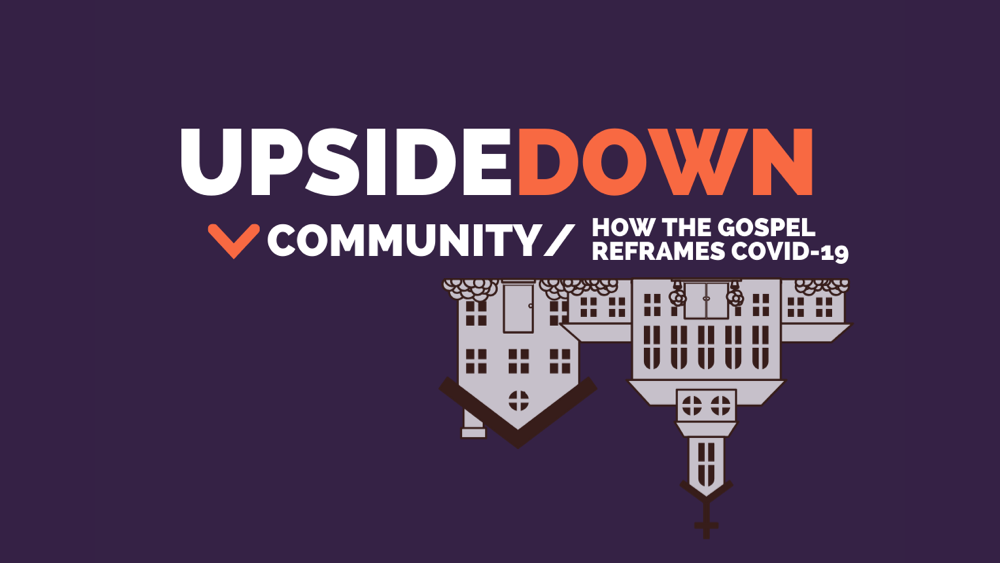Passage: James 1:9-11; 22-27
Guide for Group Discussion or Personal Reflection
NSCBC Sunday Worship March 29th
Join us for our Sunday Worship, starting at 10am!
Posted by North Shore Community Baptist Church on Sunday, 29 March 2020
Sermon Summary
James is an extended meditation on the wisdom and ethic of a community that centers itself on Jesus’ life and teachings. A community like this will be an “upside-down community” that, unlike the world, values the most vulnerable. Christians value the most vulnerable, or the “least” among us, because this what Jesus constantly did. Because we are justified by God’s grace alone, Jesus continually sought after those whom society deemed weak, unworthy, and vulnerable, whereas the proud and powerful found themselves on the outside, looking in. In doing so, he represented the nature and character of God, who reveals himself as a God who is “downwardly mobile”, identifying most closely with the least among us—so closely, in fact, that he became one of them! This was a countercultural idea both then and now. The community that centers on this kind of God, will value and serve the least among us in tangible ways, thus showing the validity of our faith. In all of this, God has grace for us, even as we imperfectly seek to value and serve people in this way.
Sermon Outline
- The Reason We Value the Most Vulnerable (vs. 9-11)
- The Result of Valuing the Most Vulnerable (vs. 22-27)
Group Discussion & Personal Reflection Guide
Re-read the passage (James 1:9-11; 22-27)
The Reason Christians Value the Most Vulnerable (vs. 9-11)
Q) Verse 9 instructs “the brother in humble circumstances” to “take pride in his high position” and “the rich” to “take pride in his low position.” In what sense is the brother in humble circumstances in a “high position”, and in what sense are the rich in a “low position”? Why is it hard to remember this truth in day-to-day life?
Q) What are you most likely to “take pride in”? (e.g. career, education, marital status, etc.) What do you need to remember about these things in order not to “pride yourself” in them?
Q) Jesus valued the most vulnerable because God values people on the basis of their being made in the image of God and loves them by grace, not by what they can contribute. In what ways do we as a society “overlook” the most vulnerable? Have you ever noticed in yourself a tendency to value people based on what they can “contribute”?
The Reason Christians Value the Most Vulnerable (vs. 22-27)
Q) In Verse 22, James tells us to be “doers of the word, and not hearers only, deceiving yourselves.” Why do you think it is so easy to be a “hearer” of the word only, and not a “doer”?
Q) Verse 27 says that “religion that God our Father accepts as pure and faultless is this: to look after orphans and widows in their distress and to keep oneself from being polluted by the world.” Why is this type of religion “pure and faultless”? How does this definition of “pure and faultless” religion compare to the way that many Christians view religious purity?
Q) Bobby said that “Jesus creates a community that actively pursues the weakest, the most vulnerable, and the poor.” What barriers do you think we face as a church in valuing the weakest, the most vulnerable, and the poor?
Q) What tangible steps can you take right now to learn about who the weakest and most vulnerable people in your community are?
Additional Application Questions
Q) How else would you like to engage with God this week?
Q) How can you tangibly care for those in your community this week, both inside and outside of the church?
Prayer
Spend time praying for yourselves, our church community, the North Shore community, and our nation and world—particularly those most vulnerable.

